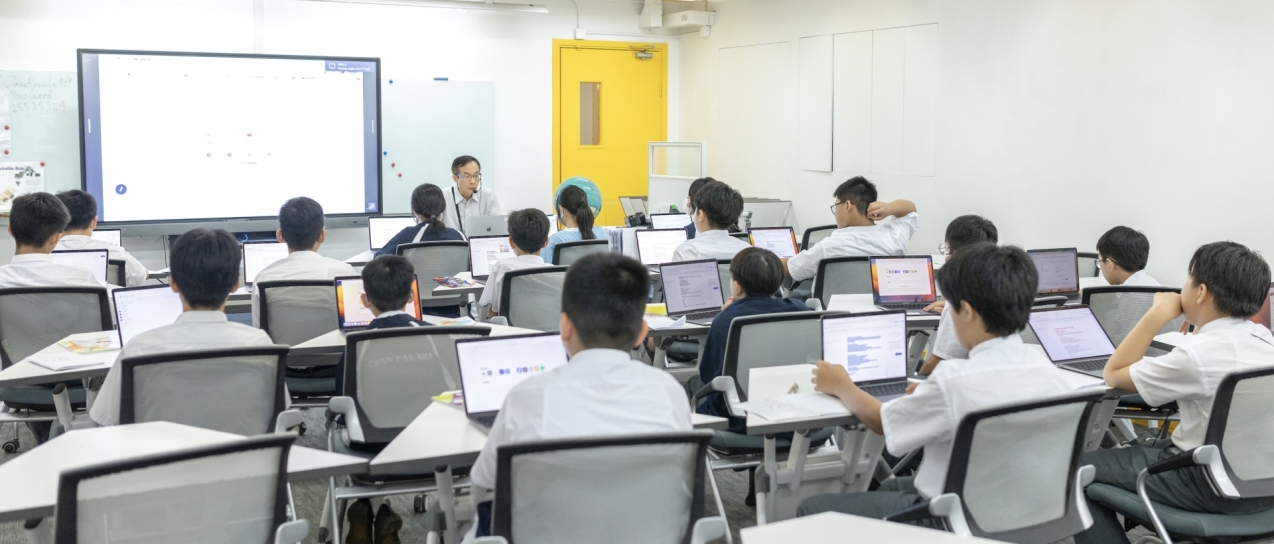
C. Teaching Staff
Ms. Lam Kin Ying, Ms. Ng Ka Yan, Ms Kwok Yik Wun, Mr. Chan Kwok Ho, Ms. Peng Jin Zhen, Mr. Wong Ming Ho
The aims of the Citizenship, Economics and Society curriculum are:
(a) to help students develop a positive understanding of themselves and others, cultivate good character, enhance their competence to meet daily and future challenges, seize opportunities, as well as pursue their goals and realise their aspirations;
(b) to nurture students to become informed and responsible citizens who respect the rule of law, have a sense of national identity, and contribute to the common good of society and our country;
(c) to strengthen students’ understanding of national and local economic and social affairs, and nurture their affection for our country;
(d) to promote students’ understanding of our country and strengthen their sense of nationhood and sense of belonging towards our country; and
(e) to cultivate students’ concern for local, national and contemporary world topics, help them understand how our country cooperates with other countries in responding to global issues, and broaden their global perspective.
B. Aims
Promote a culture of autonomous learning and reading to nurture self-directed learners Strengthen the effectiveness of teaching and learning, address learning differences, and enhance learning outcomes Deepen values education and build up a worldview, helping students to cultivate a positive and proactive attitude toward life and establish healthy lifestyles Align with national security education to enhance students’ national identity, respect for the law, and awareness of — and sense of responsibility for — jointly safeguarding national security Implement interdisciplinary learning programs
Copyright © 2026. SWCS Chan Pak Sha School. All rights reserved.

